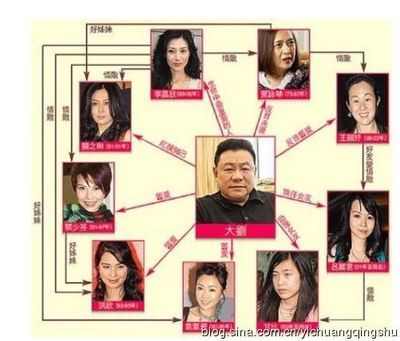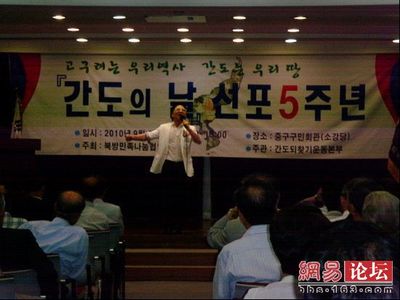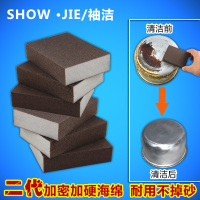Notice of the Supreme People’s Court and the Supreme People’sProcuratorate on Issuing the Opinions on Issues concerning theApplication of Law in the Handling of Criminal Cases of CommercialBriberies
The higher people’s courts and the people’s procuratorates of allprovinces, autonomous regions and municipalities directly under theCentral Government, the military courts and procuratorates of thePeople’s Liberation Army, the Production and Construction CorpsBranch of the Higher People’s Court of Xinjiang Uigur AutonomousRegion, and the People’s Procuratorate of Xinjiang Production andConstruction Corps:
We hereby issue the Opinions of the Supreme People’s Court and theSupreme People’s Procuratorate on Issues concerning the Applicationof Law in the Handling of Criminal Cases of Commercial Briberies toyou. Please earnestly implement them accordingly.
November 20, 2008
Opinions of the Supreme People’s Court and the Supreme People’sProcuratorate on Issues concerning the Application of Law in theHandling of Criminal Cases of Commercial Briberies
For the purpose of punishing the crimes of commercial briberies, wehereby put forward the following opinions on the issues concerningthe application of law in the handling of criminal cases ofcommercial briberies according to the relevant provisions of theCriminal Law and in consideration of the case-handlingpractice.
I. The crimes of commercial briberies shall involve thefollowing eight charges as prescribed by the Criminal Law: (1)crime of acceptance of bribes by a non-state functionary (Article163 of the Criminal Law); (2) crime of offering bribes to anon-state functionary (Article 164 of the Criminal Law); (3) crimeof acceptance of bribes (Article 385 of the Criminal Law); (4)crime of acceptance of bribes by an entity (Article 387 of theCriminal Law); (5) crime of offering bribes (Article 389 of theCriminal Law); (6) crime of offering bribes to an entity (Article391 of the Criminal Law); (7) crime of bribing as an intermediary(Article 392 of the Criminal Law); and (8) crime of offering bribesby an entity (Article 393 of the Criminal Law).
II. The term “other entities” as mentioned in Articles 163 and164 of the Criminal Law shall include not only the permanentorganizations, such as public institutions, social groups,villagers’ committees, urban residents’ committees, and villagers’teams, but also the non-permanent organizations, such as organizingcommittees, preparatory committees and project contracting teams,which are set up to organize the sporting events, theatricalperformances or other legitimate activities.
III. The term “employees of a company or enterprise or any otherentity” as mentioned in Articles 163 and 164 of the Criminal Lawshall include the non-state functionaries in a state-owned companyor enterprise or any other state-owned entity.
IV. Where a state functionary in a medical institution, in thepurchase of medical products such as medicines, medical equipmentand medical sanitary materials, demands any property from theseller by taking advantage of his position, or illegally acceptsany property of the seller for the benefit of the seller, whichconstitutes a crime, he shall be convicted and punished for thecrime of acceptance of bribes according to Article 385 of theCriminal Law.
Where a non-state functionary of a medical institution commits anact as described in the preceding paragraph in a considerably largeamount, he shall be convicted and punished for the crime ofacceptance of bribes by a non-state functionary according toArticle 163 of the Criminal Law.
Where a medical staff member of a medical institution illegallyaccepts, in any name, any property of the seller of such medicalproducts as medicines, medical equipment or medical sanitarymaterials, by taking advantage of his post of making prescriptions,for the benefit of the seller of medical products, and in aconsiderably large amount, he shall be convicted and punished forthe crime of acceptance of bribes by a non-state functionaryaccording to Article 163 of the Criminal Law.
 爱华网
爱华网


